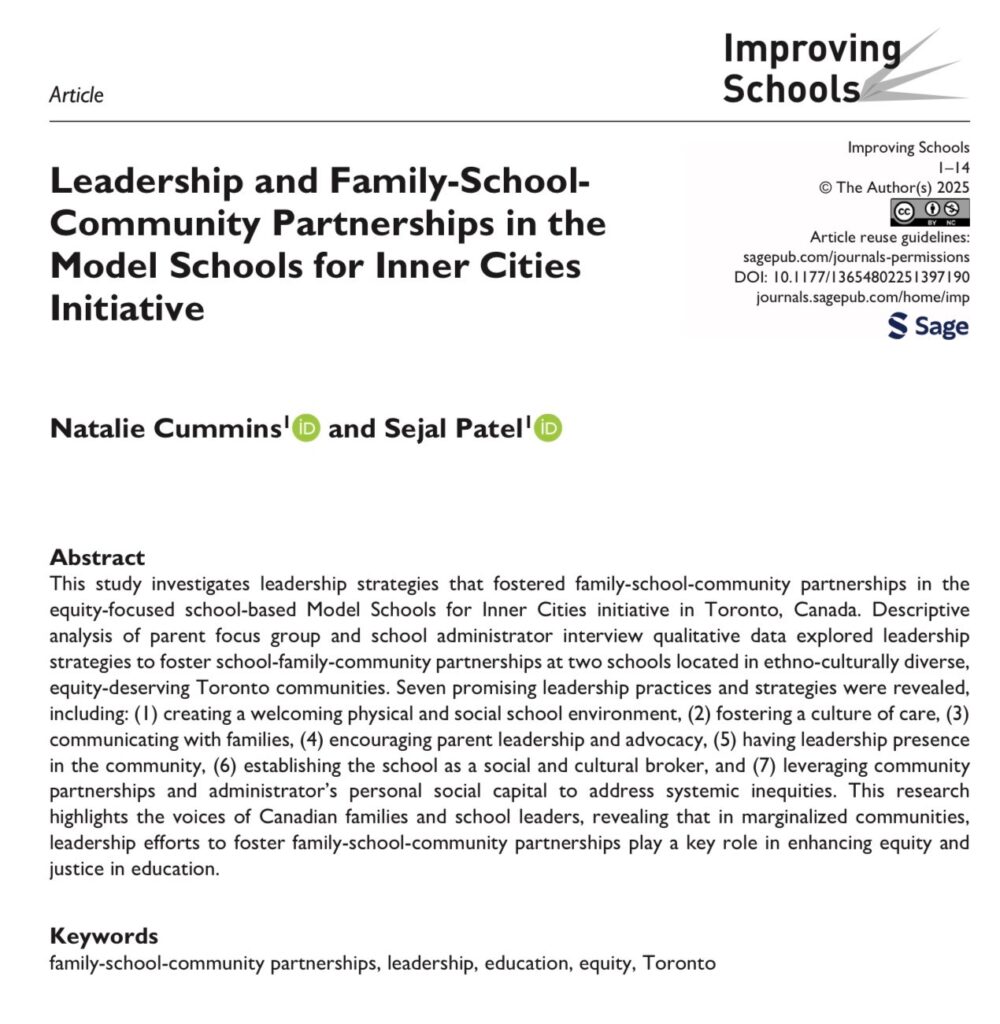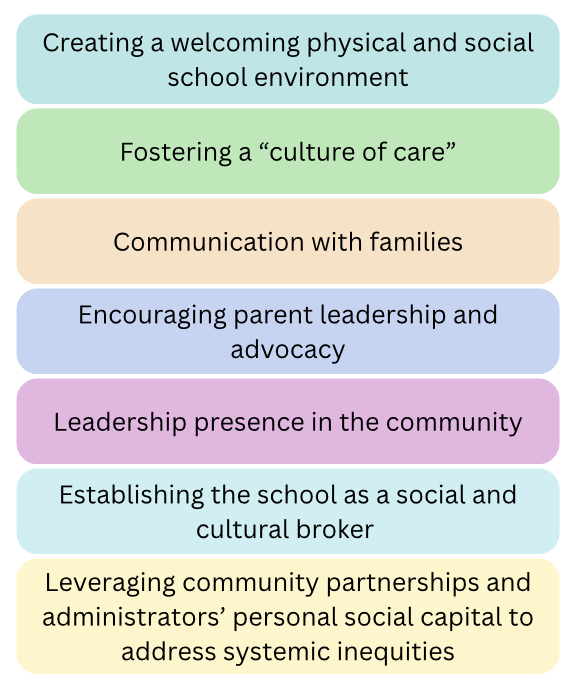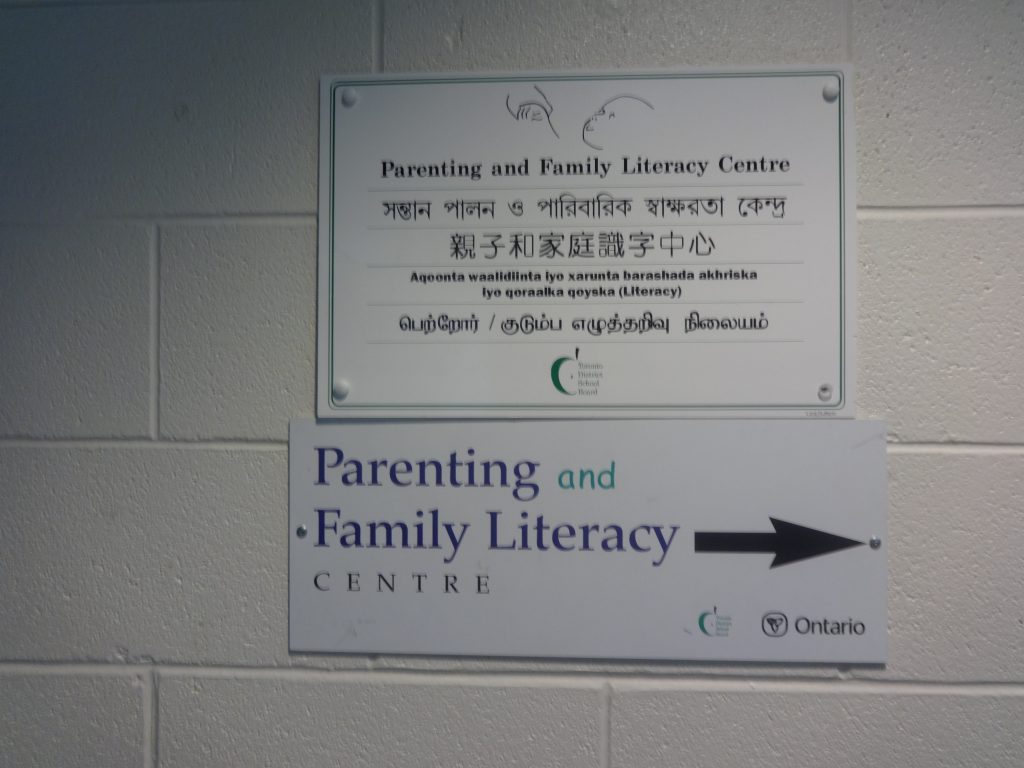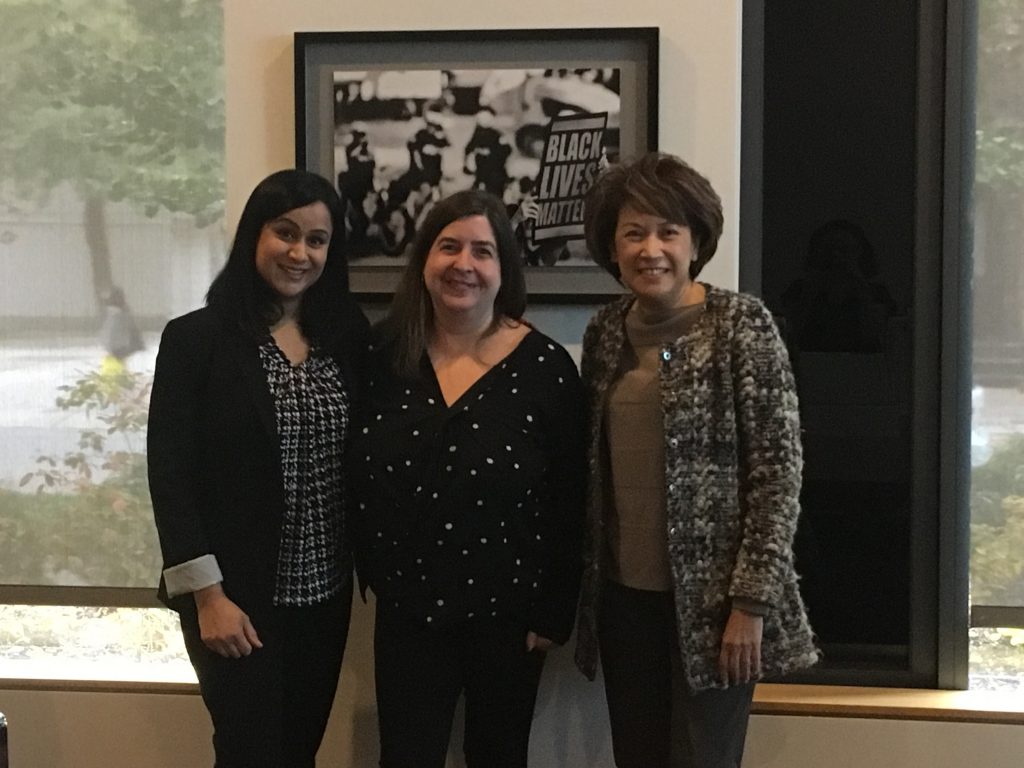School-level leadership is key in establishing family-school-community partnerships. The present research is based on interviews with parents and school administrators from two Toronto-area MSIC schools in socioeconomically disadvantaged neighbourhoods. Participants were asked about programs and services available to children and families at the school, school-family relationships, how the school acts as the hub of the community, and engagement of newcomer, refugee, and culturally diverse families. School staff and parents play key roles in fostering family-school-community relations, and trusting relationships are the foundation for future community partnerships. This research has implications for hiring in an inner-city context, as well as training in family and community engagement. Anti-oppression and anti-Black racism staff training are also vital to ensure that schools effectively support students and families.
Our approach
The purpose of this study is to identify the leadership practices and strategies that fostered family-school-community partnerships in a Toronto-based, board-wide equity initiative. The Model Schools for Inner Cities initiative strives to enhance equity in the Toronto District School Board (TDSB) by increasing access to social and educational supports for students and families in the city’s most marginalized communities. Qualitative case study techniques were used to explore leadership strategies and practices in two Toronto schools in the MSIC initiative. A descriptive analysis of secondary parent focus group and school administrator interview data were guided by the following research question: Within the context of the MSIC initiative in Toronto, Canada, what leadership strategies and practices do school administrators use to foster family-school-community partnerships?
Semi-structured interviews were held with school administrators (principals and vice-principals) at both schools in 2014 and 2019
What we found
Seven prominent themes emerged from the descriptive analysis. These themes are bolded in the following discussion. The analysis revealed some similarities and differences between the two school sites. When no noteworthy differences were observed between time points, 2014 and 2019 data are treated as one sample.
Parents and administrators at both schools discussed the importance of creating a welcoming physical and social school environment. Parents discussed the importance of having an inviting entranceway and the important role played by all school staff, particularly front desk staff, in establishing a welcoming environment. All schools in the TDSB have automatic locks on their doors, but MS1 administrators tried to allow more open access to families. Parents and administrators at MS2 commented that their front entrance was small, not welcoming, and inaccessible for people using wheelchairs or strollers. MS2 parents spoke highly of a now-retired school custodian who was particularly approachable and involved with the school. Still, some parents at both schools did not feel welcomed.
Participants discussed ways that schools fostered a culture of care among staff and families. MS1 administrators interpreted a culture of care as demonstrating that the school cared about family and community well-being, social justice, and student achievement. MS2 administrators interpreted a culture of care as fostering caring, trusting relationships between school staff and families. MS1 administrators fostered their culture of care by including it in conversations with students and families, the school newsletter, and in school announcements. In 2014, MS2 parents and administrators referred to some distrust between families and school staff; administrators attributed this to past traumas or negative experiences with schools among parents, whereas parents said it was related to power dynamics and a lack of communication. In 2019, MS2 administrators discussed specific strategies to encourage trusting relationships, including establishing the office as a safe space for students and families and taking time to build positive relationships with each family.
Both schools encouraged communication with families using flyers, newsletters, phone calls with families, emails, social media, informal conversations, and more formal events. The parent council was a key way parents could bring concerns to the attention of the school at MS1.
Participants, especially at MS1, said that school staff, including administrators as well as other TDSB and MSIC staff, encouraged parent leadership and advocacy within the school. Schools offered opportunities for parents to serve as leaders, make decisions, and advocate for themselves and community causes. At MS1, the parent council was a key avenue for parent leadership. Parents described the MSIC Community Support Worker and administrators as co-leaders in the parent council. MS2 parents did not take on leadership roles in terms of school or community initiatives as MS1 parents did.
Parents at both schools felt that leadership presence in the community helped the school play an active role in the larger community. For example, in 2019, MS2 administrators hosted parent council nights and an intergenerational book club in a local apartment building after noticing that it was difficult for some families to get to the school in the evenings. This demonstrated to families that school staff were working to be a part of the larger community.
Participants identified several ways school staff and administrators established their schools a social and cultural broker, helping families connect with and navigate information and services in social, health, and educational systems. Parents and administrators identified Community Support Workers and TDSB Settlement Workers as key supports, particularly for newcomer families navigating Canadian health, education, and social systems. Still, some parents at both schools felt the schools could be more supportive of newcomer families, e.g., by providing translators and information about Canadian educational systems.
Finally, participants reported that administrators leveraged their community partnerships and their own social capital to address systemic inequities. For example, MS1 administrators referred to partnering with universities, hospitals, and not-for-profit organizations to address systematic racism by offering professional development focused on anti-oppression and anti-racism for staff and targeted school-based programs for racialized students and their families. MS2 administrators spoke less about specific partnerships to address systemic racism, but noted they were beginning to organize professional development for staff members focused on Black student excellence and anti-bias training as part of a larger, board-wide initiative. MS2 parents wanted more relevant parent programming to address systemic issues like unemployment, food insecurity, addiction, and teen pregnancy. They noted that programming at the school (e.g., parent events focused on literacy) were ‘band-aid’ solutions that did not address the root problems, and felt the school had the potential to help address generational cycles of poverty, addiction, and other social justice concerns. How administrators viewed social justice seemed to affect how schools addressed systemic inequities. MS1 administrators noted that equity was at the centre of their work and often referred to social justice in conversations with families. They felt that by expressing their intention to create more equitable educational and social systems, they helped parents view the school as an ally that cares about their children, family, and community.
What are the takeaways from this study?
The leadership practices highlighted in this study are particularly important in this time of increasing advocacy for anti-racism, anti-oppression, and justice in systems such as education that can reproduce – or help combat – classism, racism, ableism, and social inequities. The findings have implications for school-family-community partnership practices, school leadership strategies in marginalized communities, system-level decision-making about the distribution of services and resources for students and families, and ultimately, how schools and education systems can create more equitable schools and communities.
Click here to read more about the study.
To read more about the TDSB’s MSIC initiative and GEEC’s research, click here.
Document citation:
Cummins, N. & Patel, S. (2021). School leadership and family-school-community partnerships: Knowledge mobilization summary report. Toronto, ON: School of Early Childhood Studies, Ryerson University.
This is an ongoing study funded by the Social Sciences and Humanities Research Council of Canada, Partnership for Change: The RBC Immigrant, Diversity and Inclusion Project, Ryerson University, and the Toronto District School Board.














